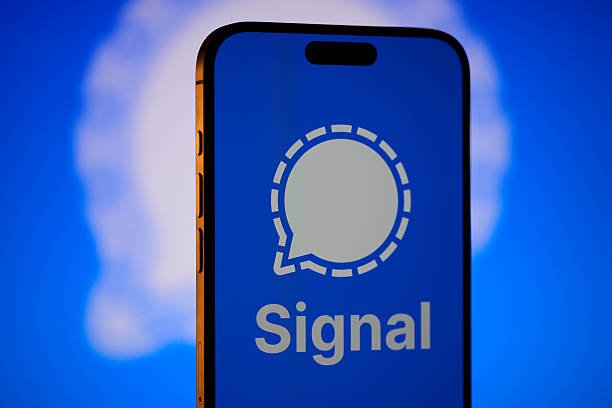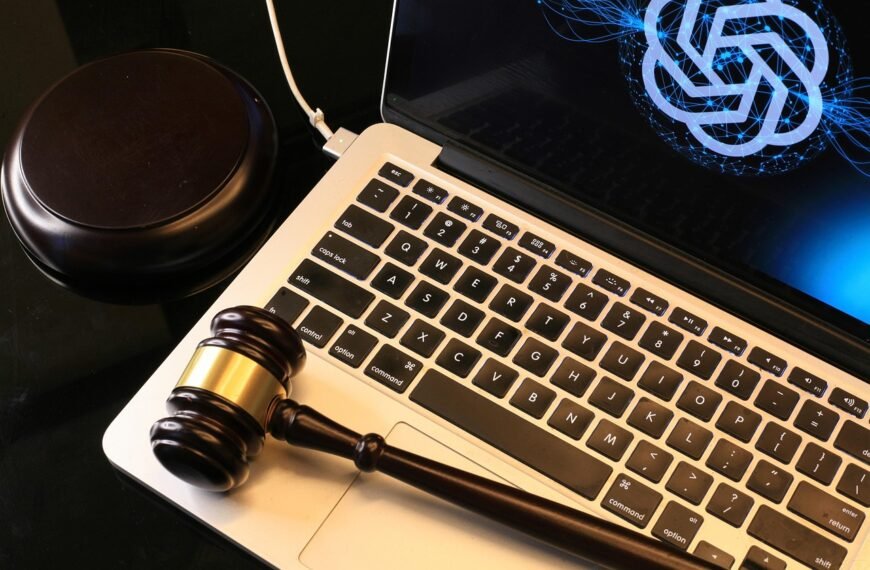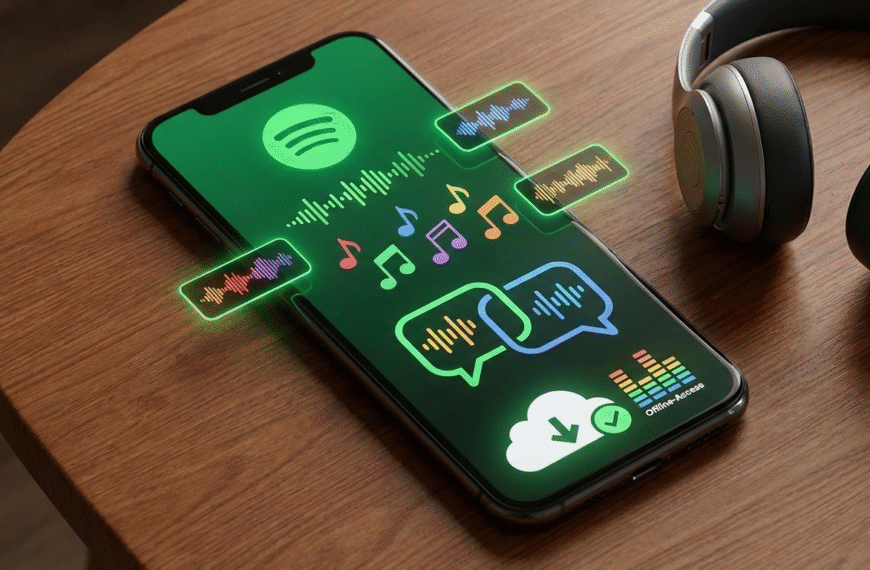Signal, a secure messaging app, has recently made headlines after being used by top-level US officials to coordinate military discussions. While this has raised eyebrows in national security circles, it’s also brought global attention to just how secure the Signal app really is—and where it might fall short.
Signal is a privacy-focused app used by millions across the globe, but compared to giants like WhatsApp and Messenger, its user base is still small. However, what makes Signal stand out is its commitment to privacy and security.
The core of Signal’s security is its end-to-end encryption (E2EE), meaning only the sender and receiver can read the message. Not even Signal itself can access the messages. On top of that, the app’s code is open-source, so anyone can check it for security flaws.
Unlike other apps, Signal doesn’t collect much data. It avoids storing usernames, profile pictures, or user groups. It also doesn’t rely on ads for money. Instead, Signal is run by a nonprofit and supported by donations, making it a preferred choice for journalists, researchers, and privacy advocates.
Despite its high security, even Signal isn’t perfect for handling ultra-sensitive information like military plans. That’s because the device used still matters. If someone accesses your unlocked phone or knows your password, they can read your messages. Physical device security is just as important as app security.
Some US security experts criticized the use of Signal for high-level military communications, saying such conversations should happen only in ultra-secure government facilities. These locations, known as SCIFs (Sensitive Compartmented Information Facilities), are designed to be impenetrable to surveillance and don’t allow personal electronic devices.
Another concern is Signal’s disappearing messages feature. Messages that vanish after a few days might break government record-keeping rules if not saved officially. This adds a layer of controversy, especially when sensitive topics are discussed.
In recent years, many governments have pushed for backdoor access to encrypted apps. Signal and other platforms like WhatsApp have resisted, arguing it would weaken security for everyone. Signal even threatened to leave the UK over such issues.
The bottom line: Signal is one of the most secure messaging apps available, but it still depends on how and where it’s used. Even the strongest encryption can’t fix user mistakes—like sharing secrets in the wrong group chat.
If privacy is important to you, Signal is a strong choice—but remember, digital security starts with smart decisions.






















